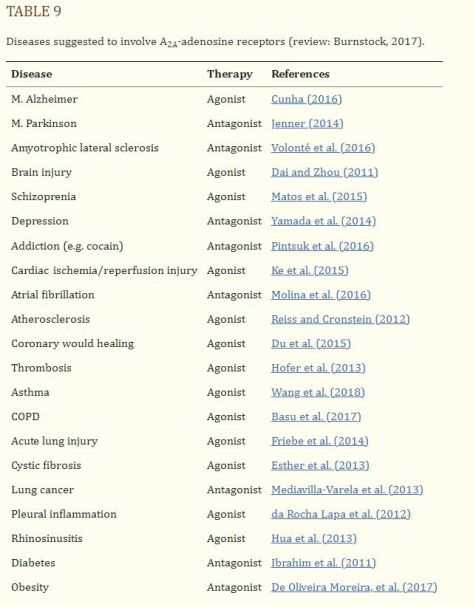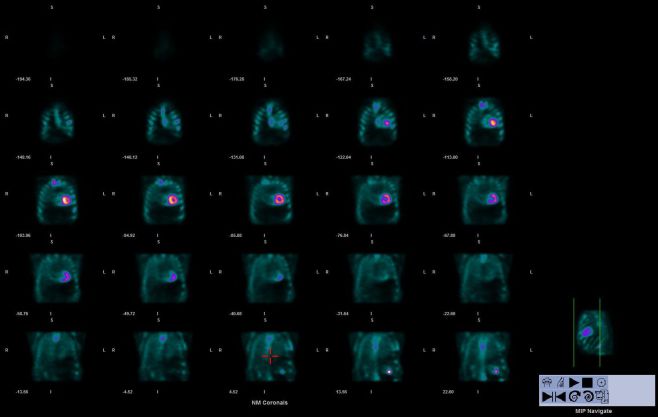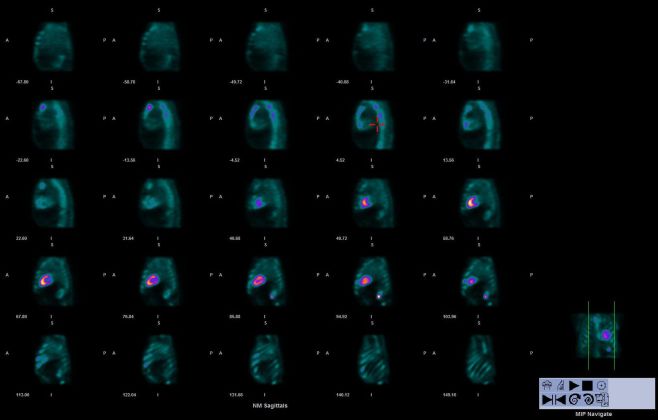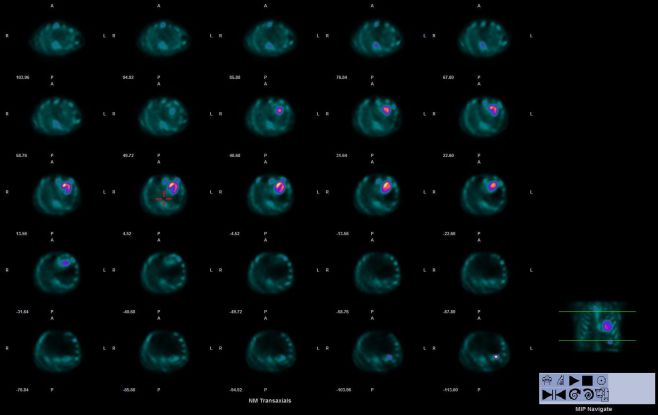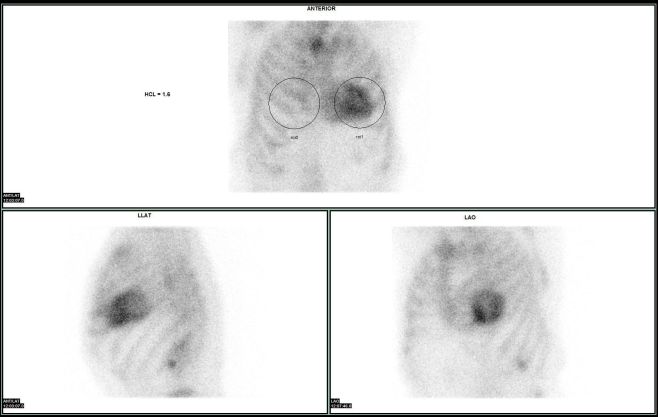2024 Blog Entries
4/11/2024
What thought-provoking books are gracing your bedside tables?
I'm on the lookout for some literary escapades beyond the boardroom—message me with your best recommendations!
Here are mine in no specific order:
1. Elon Musk Hardcover – September 12, 2023 by Walter Isaacson (Author)
2. The Letting Go Guided Journal: How to Remove Your Inner Blocks to Happiness, Love, and Success Diary – November 1, 2022 by David R. Hawkins M.D.
Ph.D
3. So Good They Can't Ignore You Paperback – December 1, 2016 by Cal Newport (Author)
4. Friends, Lovers, and the Big Terrible Thing: A Memoir Hardcover – Deckle Edge, November 1, 2022 by Matthew
Perry (Author)
5. Flow: The Psychology of Optimal Experience Paperback – Bargain Price, July 1, 2008 by Mihaly
Csikszentmihalyi (Author)
6. The 7 Habits of Highly Effective People: 30th Anniversary Edition (The Covey Habits Series) Paperback – Special Edition, May 19, 2020 by Stephen
R. Covey (Author)
7. Sacred Cow: The Case for (Better) Meat: Why Well-Raised Meat Is Good for You and Good for the Planet Hardcover – July 14, 2020 by Diana
Rodgers
8. Dare to Lead: Brave Work. Tough Conversations. Whole Hearts. Hardcover – October 9, 2018 by Brené
Brown (Author)
9. 12 Rules for Life: An Antidote to Chaos Paperback – May 2, 2019 by Jordan B. Peterson (Author)
10. Inside the US Government Covert UFO Program: Initial Revelations Paperback – October 7, 2023 by James T Lacatski (Author), Colm A
Kelleher (Author), George Knapp (Author)
3/15/2024
I've posted a few times on how Georgia's healthcare infrastructure is highly regulated by Georgia's Department Of Community Health's Certificate Of Need
program.
These specific rules were established in 1974 to comply with a federal mandate requiring states to regulate new medical facilities to help
control the costs of government reimbursements for Medicaid and Medicare.
That mandate ended in 1986, and some states have since repealed or amended their CON rules. Since at least the mid-2000s, Georgia lawmakers have discussed
changes to CON rules, but there hasn't been any significant changes for deregulation - until now.
Bill HB1339 introduces a number of changes relaxing CON rules for rural hospitals, ASC's, and exemptions for certain diagnostic equipment (eg,
PET/CT).
While the bill appears to have passed both the house and senate, for those working in cardiology, pay very close attention to whether or not they revise
verbiage for rule 111-2-2-.21, Specific Review Considerations for Adult Cardiac Catheterization Services, as this rule alone prevents private cardiology practices from performing cardiac
catheterization and/or EP procedures in the outpatient setting.
3/12/2024
This article really resonated with me, especially this excerpt:
"The health systems that will win in terms of employee recruitment and retention, leadership development, and patient experience and outcomes will be those
with the best people skills. Healthcare has no room today for superiority or condescension. Proclaiming this is one thing, but how leaders live it out daily within teams and organizations of
thousands of people is the real test. "
3/8/2024
Conclusion Summary:
Patients with carotid artery plaque in which MNPs were detected had a higher risk of a composite of myocardial infarction, stroke, or death from any cause at
34 months of follow-up than those in whom MNPs were not detected.
My question is: what specifically are people with a high rate of MNP's ingesting when compared to those that show no evidence?
3/1/2024
Great article debating the trade-offs between PET & SPECT myocardial perfusion imaging.
For SPECT-MPI, exercise performance variables, including patients’ mode of stress testing (exercise versus pharmacologic) and exercise duration, were the most
potent predictors of mortality risk. For PET-MPI, myocardial flow reserve was the most potent predictor of mortality.
18F-flurpiridaz early adopters will have to decide between which potent predictors of mortality will they sacrifice: exercise 18F- PET-MPI that will
preclude simultaneous measurement of MFR, or pharmacologic vasodilator stress that would preclude exercise duration.
2/25/2024
Positron annihilation serves as a fascinating nexus between nuclear medicine in positron emission tomography (PET) and the realm of positron aerospace
propulsion, despite the apparent disparity in their applications. Both fields harness the phenomenon of positron annihilation to achieve their respective goals.
In PET, positron-emitting radioisotopes are used to trace metabolic processes in the body, offering insights into various physiological functions and
diseases.
Conversely, in aerospace propulsion, positrons are contemplated as a potential means for achieving efficient propulsion systems through matter-antimatter
reactions.
What unites these seemingly disparate domains is the fundamental physics of positron annihilation, where a positron collides with an electron, resulting in the
annihilation of both particles and the release of energy in the form of gamma rays.
The energy potential inherent in positron annihilation is remarkably dense compared to conventional energy sources such as chemical, fission, or fusion
materials. This density stems from the complete conversion of matter into energy during annihilation, making positrons a tantalizing prospect for future energy and propulsion technologies, both in
the depths of space and in the exploration of the human body.
Now, you're probably thinking - what's your source? Our Government released an unclassified document from 2010 detailing their in-depth research on this very
subject!
2/19/2024
An often overlooked subject in the field of nuclear cardiology are non-responders to vasodilatory stress agents, specifically A2A receptor agonists. In fact,
a JNM article from June '2022 stated "The prevalence of non-response (NR) to regadenoson (Reg), which is one
potential mechanism for false negative stress myocardial perfusion imaging (MPI), is unknown."
In this study, using CZT SPECT derived myocardial flow reserves (MFR), after separating the findings out of 269 patients (eg., ischemia, infarct, etc.) they
were left with 186. Out of that group, 5 (~3%) patients had unexplainably low MFR's of <1.2 in the absence of extensive coronary disease or known microvascular disease, as well as confirmed
caffeine cessation, suggesting a lack of response to regadenoson.
This begs a few questions: what serology based tests could be used to pre-screen patients A2A cardiac receptor expression, or should there be consideration for
a cartridge based test similar to Abbott's CLIA waived i-Stat?
And lastly, could this lack of response to A2A agonists suggest an underlying disease known to involve A2A receptors (eg., Parkinsons, Alzheimers,
Depression)?
2/17/2024
"The U.S. is also coming off of one of the most unproductive Congresses in modern history that seems to fancy theatrics with hope of social media virality
versus meaningful, substantive healthcare lawmaking."
Could not agree more with this statement. Healthcare is in dire need of a complete overhaul.
2/15/2024
2/12/2024
In past blogs I mentioned a Jeffry A. Siegel dispelling the 70 year old hypothesis (Linear No-Threshold Hypothesis) in 2017 via the Journal of Nuclear Medicine
that exposure to medical radiation could increase ones risk of cancer. In fact, he suggested that efforts to lower dose exposure in medical imaging ultimately harm patients and it more likely helps
prevent it (radiation hormesis).
MIT has a very informative YouTube Video further emphasizing there aren't enough high quality studies such that one side cannot disprove the
other.
https://lnkd.in/eaKWBKFQ
More and more websites are offering substantive evidence warranting the need for a high quality 'end-game' scientific
study.
https://lnkd.in/eaJ2JkBu
https://lnkd.in/eV7yb3bi
The consensus thus far weighs in favor of a controversial complete overhaul which some argue "would likely result in the elimination of many government jobs
and significantly reduce the budget of the federal and state regulatory agencies."
2/8/2024
Gibbins Advisors, a Healthcare advisory firm, reports concerning trends of increasing Healthcare related bankruptcies.
Below are some key takeaways:
1. Healthcare Bankruptcy filings* in 2023 totaled 79 cases, which is over 3 times the level seen in 2021 and over 1.7 times the level in
2022.
2. 2023 saw the return of large cases with liabilities over $100 million, with 28 filings in 2023 compared to just 7 in 2022, and 8 in
2021.
3. While the number of Healthcare Bankruptcy filings* increased across six consecutive quarters through Q3 2023, there was a decline from Q3 to Q4 2023. This
will be monitored in 2024 to identify if Q4 2023 is indicative of a trend.
4. Consistent with previous trends, in 2023 Senior Care and Pharmaceutical subsectors comprised almost half of the total Healthcare Bankruptcy
filings*.
5. Hospital bankruptcies in 2023 were at their highest level since 2019, with 12 hospital filings† compared to just 11 hospital filings across the prior 3
years combined (2020-2022).
Gibbins-Advisors-Healthcare-Bankruptcies[...]
Adobe Acrobat document [1.7 MB]
1/15/2024
Despite the Tc99m-PYP shortage, our clinics are still routinely performing amyloidosis scans with Tc99m-HMDP, allowing us to screen specifically for
Transthyretin ATTR, a rare disease that's often underdiagnosed.
Here we have an 83 year old Caucasian male with a history of paroxysmal atrial fibrillation, and severe left-ventricular hypertrophy despite well controlled
blood-pressure. To rule out cardiac amyloidosis, a Tc99m-HMDP scan was performed.
Patient was found to have an HCL ratio of 1.6, and a Grade III visual score, both strongly suggesting the scan to be positive for TTR
amyloidosis.


